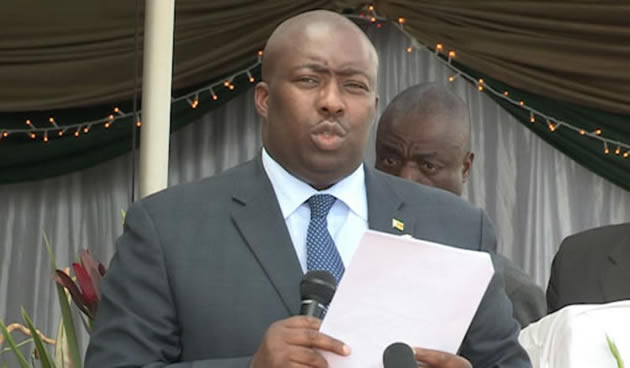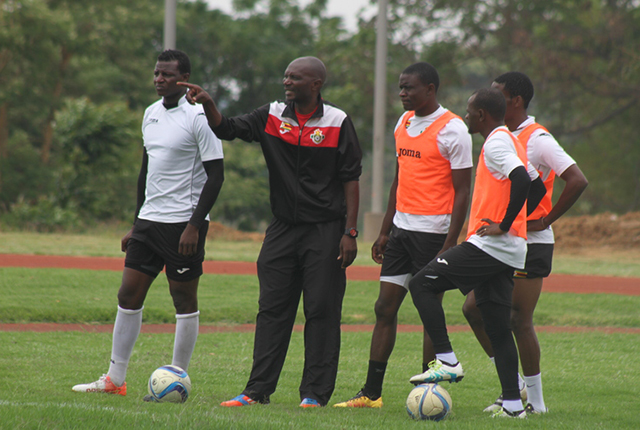Harare engages Govt over water tariff

Municipal Reporter
Harare City Council has engaged Government to review water tariffs to avoid selling the commodity below production cost. Acting town clerk Mrs Josephine Ncube recently told the Finance and Development Committee that in a letter rejecting Harare’s 2017 budget, Local Government, Public Works and National Housing Minister Saviour Kasukuwere urged council to consider increasing water tariffs.
The minister said he was concerned that Harare owed water chemical suppliers more than $2 million over 120 days. “It is of concern that the city of Harare owes water chemical suppliers more than $2 million for over 120 days. I am aware that Harare is selling water below the cost of producing same and yet no increase in the water tariff is proposed,” he said.
According to the recent minutes of the Finance and Development Committee, Mrs Ncube sought authority to effect all necessary adjustments to the 2017 council budget in retrospect.
The committee was however of the view that the issue relating to increase in water tariffs had to be considered taking into account all relevant factors.
“The committee further noted that the sentiments raised by the ministry were inclined to the need for council to be proactive towards generation and collection of revenue,” reads the minutes.
Analysts have however urged council to deal with non-revenue water before effecting any price increase.
The African Development Bank estimates the city’s non-revenue water to be around 65 percent.
The World Bank says a combination of leaking pipes, broken water meters, and poor bill collection has led to non-revenue water rates between 30 and 60 percent, when non-revenue water rates of about 25 percent are an attainable benchmark for the region.
According to a World Bank study, the country’s Waste Water Systems are very inefficient leading to the increase of number of chemicals needed to treat water.
“Harare reported that it currently has two main problems; capacity is half the estimated demand, and the bill for their chemicals is high due to untreated sewage from Chitungwiza and Harare contaminating their water supply,” reads the report.
“Non-revenue water is the highest of the seven municipalities studied at 57 percent. Harare Water estimates that their monthly chemical bill could be significantly reduced if raw sewage entering the Manyame was treated properly,” said the bank.
Urban councils countrywide have been pushing for Government approval to increase domestic and industrial water charges, arguing that the current rates are unattractive to external investment partners wishing to rehabilitate infrastructure.
They argue that they have been identifying possible investors for water infrastructure under build-operate-transfer deals, but partners turn away citing low water charges which would mean more time to recoup their investments.
The country is yet to see completion of major projects such as the Matabeleland Zambezi Water Project, Kunzvi Dam for Harare, and Nyatsime Dam for Chitungwiza.










Comments